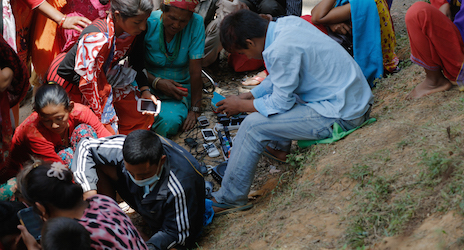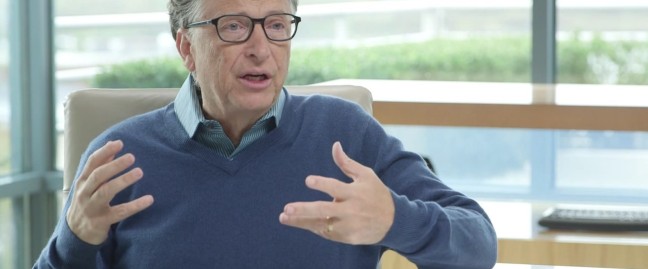I came across the Be My Eyes service very recently, when scanning some Innovation awards entries.
In summary, it’s an app that helps blind people solve everyday tasks and problems with the help of a sighted volunteer, via videochat on your smartphone or tablet. You can sign up from any country, but you can set (or indeed add) any languages you speak in the Settings of the app.
It’s remarkably easy to use and it took me, ooh, 30 seconds to sign up as a sighte volunteer.. The app is up for multiple innovation awards as is the founder Hans Jørgen Wiberg. You can download the app from either of the major App stores so take a look at the video below and get involved!






